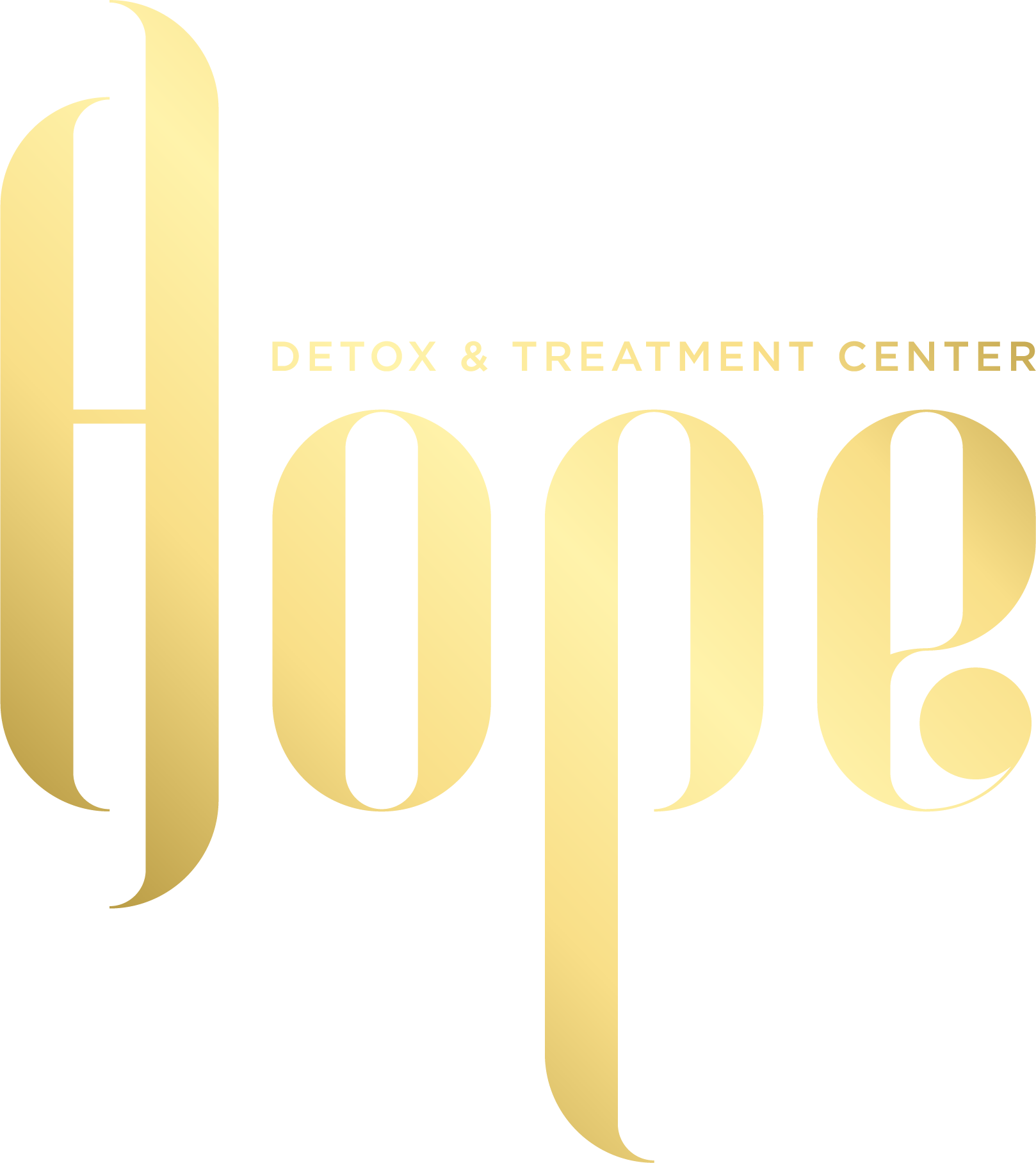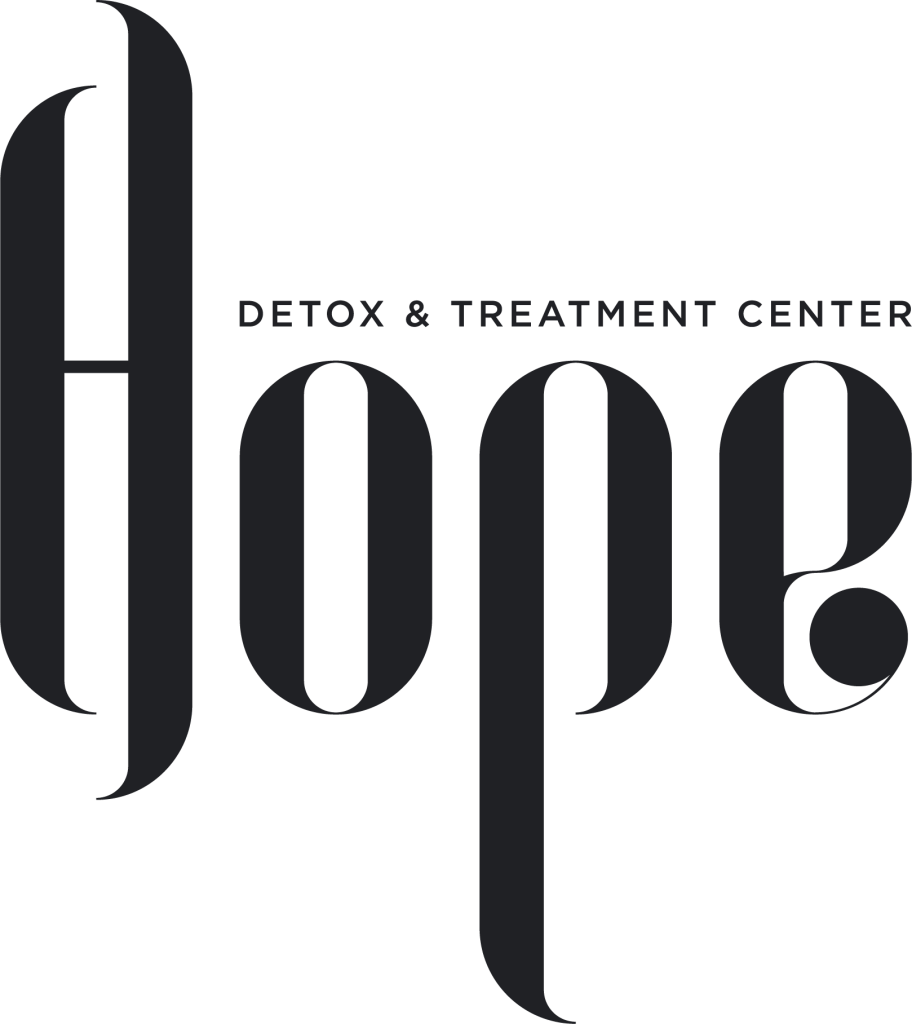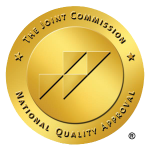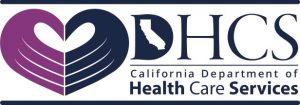Family Therapy for Addiction in Los Angeles, CA

Family therapy for addiction in Los Angeles has turned out to be one of the most effective tools in addiction treatment. During these family therapy programs, the problem of addiction is seen as a problem not only of an individual but also a problem of a family unit as a whole.
The therapy for families of addicts aims to bring those whom you love into the recovery process, help to heal the wounds caused by addiction and create a positive and supportive environment for long-term sobriety.
What is Family Therapy for Addiction Treatment?
Counseling for families of addicts is a form of therapy that is more specific in its approach, which is to deal with the entire family system and not only with the individual who is struggling with addiction.
Therapy for family members of addicts captures the essence of the fact that addiction to drugs or alcohol does not only deal with the person using substances but also the ones close to the user. Our family therapy for addiction in Los Angeles is an important tool of addiction recovery, because it enables people to diagnose and treat the deeper difficulties that cause substance use disorders, and also helps family members in their healing process.
In the course of therapy in Los Angeles, California, the family therapist is involved in the treatment process of the entire family who would reveal the family dynamics of their family and help the therapist to explore and understand the dynamics of addiction. The family therapist in Los Angeles works together with family members to improve communication skills, control emotions, and identify helpful strategies.
Family participation in the recovery mechanism through counseling for family members of addicts, in turn, improves the support structure of the family and, thereby, the chances of a person achieving full recovery.
What are the Different Types of Family Therapy?
Family therapy for addiction in Los Angeles can be facilitated in different ways; each of them may have its peculiarities and topics. Some popular methods include:
- Structural Family Therapy: Substance abuse may change the way things are done in the house, the time spent with the family, and the family roles. The structural approach of therapy for families of addicts focuses on examining the family structure and how it contributes to addiction. The therapist helps identify unhealthy patterns and promotes positive change by restructuring family dynamics.
- Strategic Family Therapy: This approach of counseling for families of addicts revolves around solutions and has the family unit as the focus that emphasizes solving problems and setting goals. This approach includes the following stages – brief social stage, problem stage, interactional stage, goal setting stage, and the last stage of assignments and tasks for the family to help them reach goals.
- Systemic Family Therapy:This strategy considers such topics as relations between family members, the way the family system operates, and the purpose of changing any unhealthy behavior and promoting good communication.
- Narrative Therapy: Therapy for family members of addicts considers storytelling as a more effective technique that entails family members recounting their experiences and reversing the negative narratives.
How Does Addiction Affect the Family?
Addiction is traumatic not only for the addict but for the family as well. It generates a cumulative effect that has repercussions on the emotional, physical, and mental health of relatives. Some common ways addiction affects the family include:
- Emotional Turmoil: Family members usually go through various emotions from being angry and fearful to sad and guilty. They might feel unable to do anything in the face of the addict’s behavior, which will cause stress and more tension inside the family.
- Breakdown of Trust: Addiction is very often accompanied by lying, dishonesty, and broken commitments. This undermines the trust within the family, and the family relations can hardly be built on its ruins.
- Financial Strain: Addiction can result in financial problems as the addict might prefer to look for money to acquire drugs or alcohol rather than pay bills and other financial obligations. This can become a very heavy financial burden on the whole family.
- Neglect and Abuse: Addiction may cause parents to pay less attention to parental responsibilities which can cause emotional and physical harm to their children. In some cases, the addiction may worsen to domestic violence or other kinds of abuse within the family.
Are Children Affected by Addiction at Home?
Children are often the most negatively affected when addiction prevails within a family. The emotional and psychological impacts on a child can be profound when they witness their parent or sibling struggle with addiction, coupled with a lack of understanding and support system that may leave the child unable to make sense of the events.
Children living in households with drug or alcohol addiction may experience neglect, trauma, and instability. They could have feelings of guilt, shame, and confusion, by internalizing the belief that they are responsible for the addiction of one of their family members. Moreover, addiction disorder can disrupt a child’s academic performance and social life because of its chaotic and unpredictable nature. They may struggle with concentration, have difficulty forming healthy relationships, and experience feelings of isolation.
Fortunately, our Los Angeles Addiction Treatment Center offers family therapy where children can freely share feelings and concerns. It enables them to have better coping mechanisms and comprehension, which in turn enhances their emotional wellness and toughness.
Request a Confidential Callback
What to Expect During Family Therapy in Los Angeles
Family therapy for addiction in Los Angeles is a collaborative setting where all family members are involved. Here’s what you can expect during counseling for family members of addicts:Conflict Resolution
One of the key objectives of therapy for family members of addicts is to address and resolve family conflict. The therapist provides a space for open communication, which is conducted nonjudgmentally, and helps family members express their issues, frustrations, and feelings constructively. Through the process of conflict identification and resolution, counseling for families of addicts promotes a more caring and nurturing family culture.Healthy Boundaries
These treatment programs help in maintaining healthy boundaries in a family. Boundaries outline acceptable behaviors, expectations, and responsibilities of members within a family. One of the benefits of family therapy is that families learn to set and maintain boundaries that contribute to the respect, trust, and health of everyone involved. This helps build a rock-solid platform for recovery and healthy relationships.Life Skills Development
Therapy for families of addicts also involves the establishment of essential life skills for the person fighting the addiction and those close to them. These skills could cover effective communication, stress management, problem-solving, and relapse prevention strategies. Through training the family in essential life skills, therapy for addiction helps the family to get through the challenges of addiction and supports the process of recovery.Benefits of Family Counselling in Los Angeles, CA
Family counseling that takes place during the recovery process of addiction has several advantages for the people involved, both those suffering from addiction and their loved ones. Some notable advantages of family therapy for addiction in Los Angeles include:- Improved Communication: Counseling for family members of addicts will open up communication channels through which family members can understand and support each other’s emotions.
- Reduced Relapse Risk: When the family participates in the recovery process, the support network becomes stronger, and the relapse risk is reduced.
- Healing and Rebuilding Relationships: Therapy for family members of addicts can fix broken relationships resulting from addiction and this offers forgiveness, trust, and self-development.
- Enhanced Coping Skills: Family members become equipped with necessary coping skills that are beneficial for emotional wellness even in the midst of addiction challenges.



